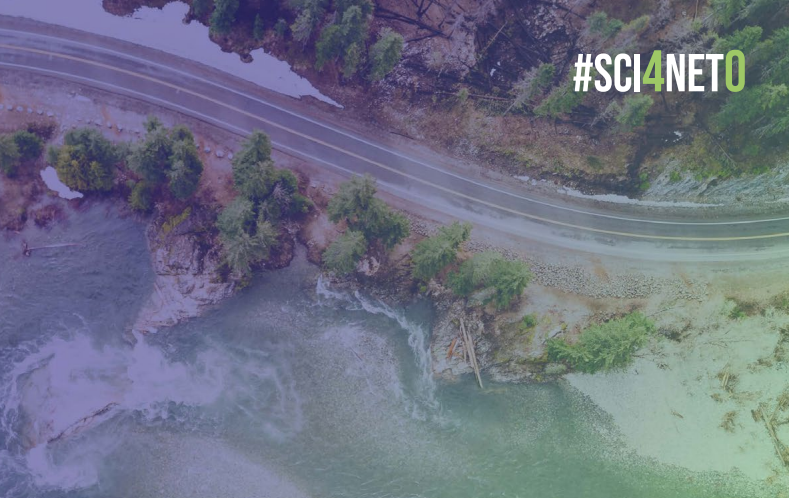ISCN at COP26: Science for Net-Zero Transition meeting report
The United Kingdom (UK) hosted the twenty-sixth United Nations (UN) Climate Change Conference of the Parties (COP26) at the Scottish Event Campus (SEC) in Glasgow from 1 to 12 November 2021. The climate talks brought together over 30,000 delegates, including heads of state, climate experts and campaigners to agree coordinated action to tackle climate change.
ISCN with CESAER, Science Europe and the University of Strathclyde joined forces to co-organise a symposium in the fringe of COP 26 which brought together universities, national research performing organisations and research funding organisations to look at how we collectively upgrade our ambitions, and how we can work together with non-academic partners shaping knowledgeable societies for a sustainable future.
The event was a great success with 100 participants connected from 35 different countries around the world.
You can find the recordings by following the links below:
- Science for Net-Zero Transition: Session 1 - YouTube
- Science for Net Zero Transition: Session 2 - YouTube
- Science for Net Zero Transition: Session 3 - YouTube
The four partners have now jointly-released a report to reiterate their engagement to the Call to Action and their commitment to continue their cooperation, leading a session on ‘Engaging Researchers for the Net-Zero Transition’ on 15 July at the EuroScience Open Forum (ESOF 2022) and reconvening at COP27 in November 2022.
ISCN, CESAER, Science Europe and the University of Strathclyde team up to organise Symposium at COP 26
The International Sustainable Campus Network (ISCN), CESAER, Science Europe and the University of Strathclyde have joined forces to co-organise a symposium in the fringe of COP 26 in order to to address questions about how We, universities, research funding and performing organisations, can nurture researchers, teachers, students, support staff and leaders to deal with the breadth and complexity of the net-zero transition.
Realising the net-zero transition concerns an enormously complex challenge requiring collaboration across all disciplines, communities, institutions and involving societies across the globe. We aim to discuss how to transform our institutional practices, and build alliances with other actors, globally and locally.
The symposium will bring together universities, national research performing organisations and research funding organisations to look at how we collectively upgrade our ambitions, and how we can work together with non-academic partners shaping knowledgeable societies for a sustainable future.
More information can be found on the CESAER website: Science for Net Zero at COP26
